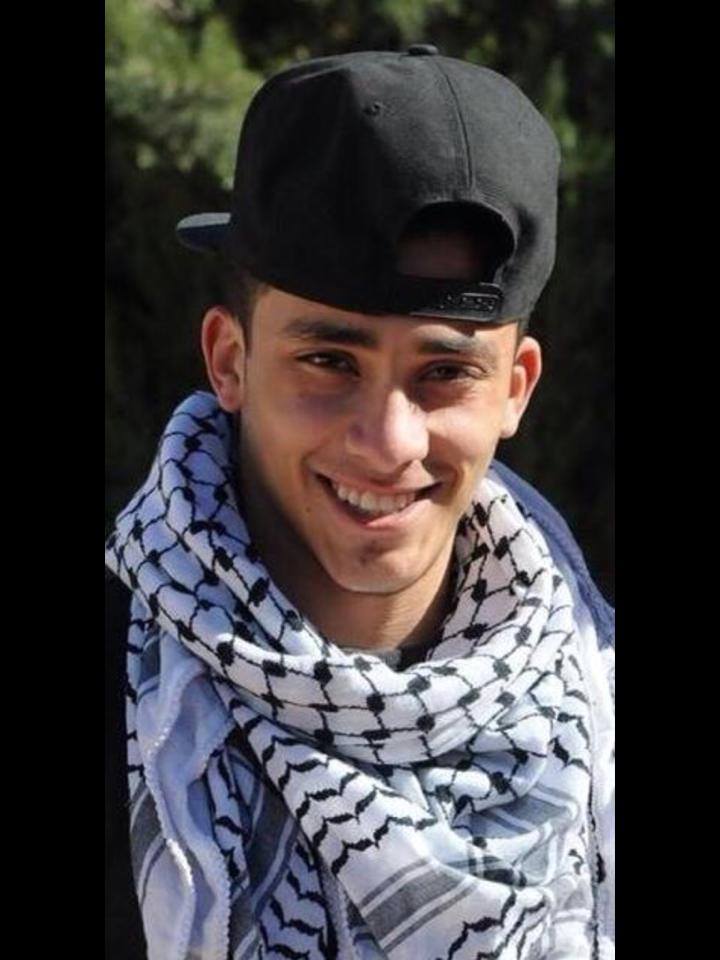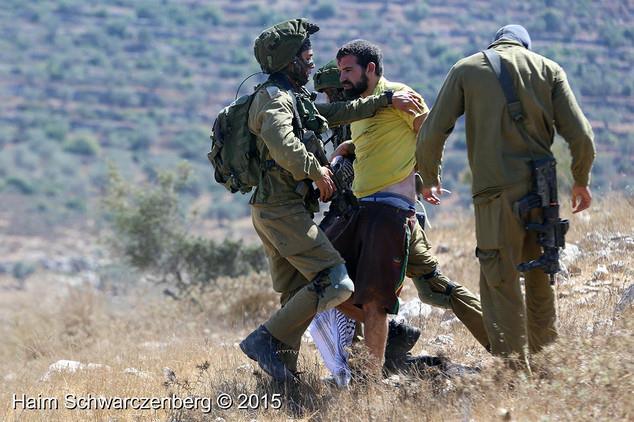Tag: Occupied Palestine
-
Justice for Nadeem? Attorney General rumored to drop manslaughter charges against soldier who killed Nadeem Nuwara
17th January 2017 | International Solidarity Movement, al-Khalil Team | Ramallah, Occupied Palestine Palestinian teen, Nadeem Nuwara, was fatally shot in the chest by Israeli forces on Nakba Day, 2014. 17-year-old Nadeem allegedly threw a stone at soldier, Ben Dery, who proceeded to fire live ammunition in return. Israeli Forces killed both Nuwara and another…
-
Italian activist arrested and beaten up in occupied Palestine
31st August | International Solidarity Movement, al-Khalil Team | Hebron, occupied Palestine Update 31-08-2015 20:00: Vittorio Feras court this morning again did not take any final decisions. It was ruled to release him on a 3000 shekel bill under the condition that he stay in Jerusalem and not leave the country until yet another court date on…
-
Continual harrassment, threatening and intimidation of Palestinian family by settlers in Hebron
25th August 2015 | International Solidarity Movement, al-Khalil Team | Hebron, Occupied Palestine The Palestinian Abu Rajab family in the occupied West Bank city of al-Khalil (Hebron) is facing continual intimidation by groups of settlers and Israeli forces protecting these settlers in their attempts to take over the Abu Rajab family home. In the last…



